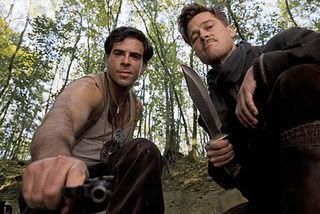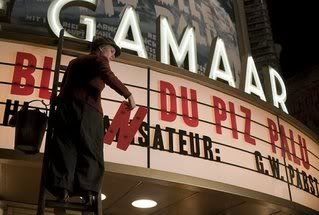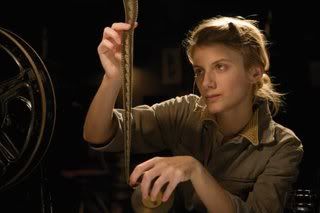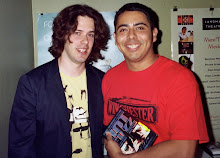


Here we go.





$7 Popcorn
1 Minute Film Review
100 Films
1,416 and Counting
353 Haiku Movie Review
5th Row From the Screen
Anchorwoman In Peril!
Because I Saw the Film
Big Mike's Movie Blog
Black Hole DVD Reviews
Blog Cabins
Boast
Bohemian Cinema
Champlain Motion Pictures
Cinema Fist: Film to the brain...
Cinematic Passions
Cinexcellence
Coosa Creek Mambo
Counting Down the Hours
Crack of the Whip
Critical Mass Reviews
Daily Film Dose
Dave's Blog About Movies and Such
Dave's Movie Reviews
DC Girl @ the Movies
Diary of a Mad Film Fan
Doodad Kind of Town
Eternality @ Filmnomenon
Evil on Two Legs
Eye Candy
Fataculture
Faux Nixon
Ferdy on Films
FilmArcade.net
Film Babble Blog
Film-Book dot Com
Film for the Soul
Final Girl
Friend Mouse Speaks
From the Front Row
Getafilm
Gina Faust, Movie Maven
How to Buy and Maintain Your Chainsaw
Insight Into Entertainment
Intermission at Work
Invasion of the B Movies
Its A Mad Mad Blog2
Joe's Movie Corner
karlhungus.com
Lair of the Green Knight
Lazy Eye Theatre
Listen, Are you listening?
Matte Havoc
Movie Dearest
MovieZeal
Movie Reviews (such as they are)
Rachel's Reel Reviews
Radiator Heaven
Random Ramblings of a Demented Doorknob
Reel Whore
Rick's DVD Picks
Row Three
Sarahnomics
SciFiDrive
Sizzling Popcorn.com
Soiled Sinema
Soundtrack Geek
Spaghetti Sauce and Sweet Peas
StinkyLulu
Storywh0re
Sunnyside Kitchen
Talking a Lot Without Ever Really Saying Anything
The Center Seat
The Critical Critics
The Fantastic Adventures of Furious D
The Film Fiend
The Flick Chick
The Long Take: Uninterrupted Cinema
The Moon is a Dead World
The Movie Fanatic
The Moviezzz Blog
The Reel Ninja
The Rocket Video Blog
The Rub: Movie Reviews
The Screening Log
The Spoon
The Uranium Cafe
This Distracted Globe
Tractor Facts
Trash Aesthetics
Tricky Movie Trivia
Unheralded
Watch It
Where the Long Tail Ends
Zola's Movie Pic's
5 comments:
Tarentino is very twisted, but that is what makes him famous.
There's something about the way Waltz eats his strudel that's rather unsettling...but I can't put my finger on what.
As for Laurent, she was brilliant in the femme fatale part. The two images that will forever stick with me in this film are both hers:
The brief moment of lipstick-as-warpaint, and the laughing projection thorugh the smoke.
Great review man - you've got some real insight going on here!
I think, while obviously Waltz could be pushed for Best Supp. Actor, Laurent's performance formed the emotional core of the movie. We started it with her and I was with her story all the way to the end. To me, the film ended when her story ended. At that point, I couldn't care if the Basterds succeeded or not.
I absolutely agree that there needed to be more resolution between Shoshanna and Landa - that seems to be a common critique from fans.
I also agree with the earlier comment that the Basterds eventually become somewhat irrelevant as the story wears on. I see the Basterds as more of the Joker of this movie (shaking things up in the plot while the other characters hurl towards their respective destinies), except that Tarantino decided to name the movie after them. Had they not been the "featured protagonist", they would have come off as a very interesting addition to an already great array of characters.
Post a Comment